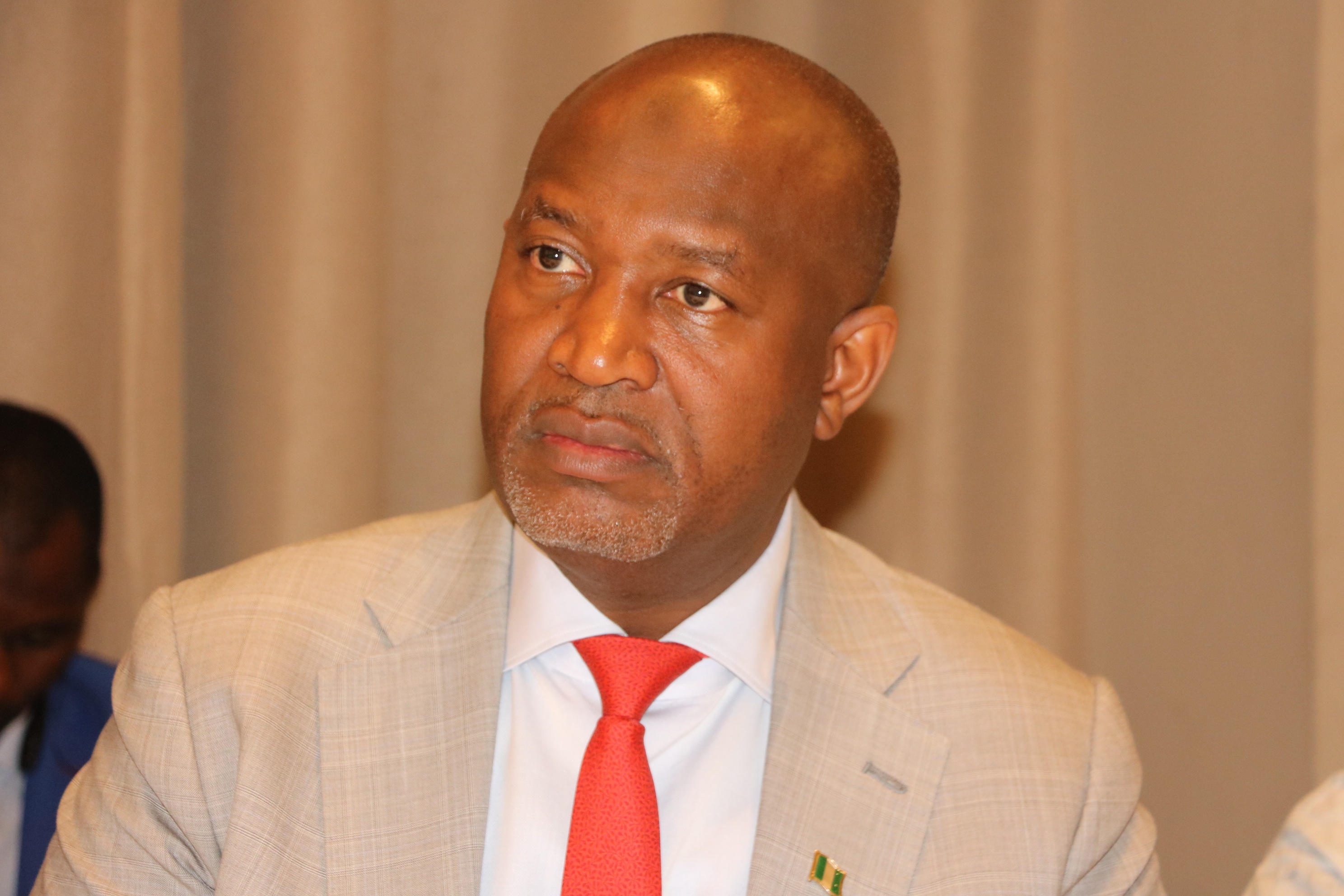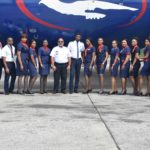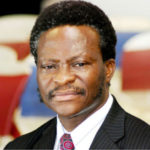
The Minister of Aviation, Senator Hadi Sirika has identified poor business plan, high cost of maintenance, choice of operational equipment, high interest on loans and poor corporate governance as some factors responsible for the failure of Nigerian airlines.
Nigerian airlines have average of 10 years lifespan and many of them have gone under in the past 20 years. Some of them include Triax, Okada, ADC Airlines, Chanchangi, Oriental Airlines, Al Barka, Kabo, Sosoliso, Bellview and Afrijet, among others.
The minister said if the cost of operation is low, cost of tickets would be lower and more people would travel by air.
The minister said most Nigerian airlines have poor business plan and this include their administrative system, choice of aircraft, choice of routes, choice of manpower and financial management.
On the choice of aircraft, he said because the average distance between two cities in Nigeria is about one hour, Nigerian airlines should acquire small body aircraft that are new and less costly to maintain. These types of airlines consume less fuel and also break-even at 50 per cent load factor.
He said some poor critical decisions made by the management of the airlines led to their demise because airlines operate on a very low profit margin, but they generate high revenue. Owing to this, some owners misapply the funds and then fail to pay for aircraft maintenance, pay for fuel, pay for overheads and charges and then fail to pay the workers.
The minister also said airlines borrow short-term loans at high interest rate of about 25 per cent, adding that because they operate at very low profit margin they find it difficult to cope and pay back these loans.
Due to this, the federal government has advanced plans to arrange a system whereby airlines can access credit facility at long-term, single digit interest rate.
On corporate governance, the minister said many of Nigerian carriers run a one man management system where the owner of the company call the shorts without following procedures and processes and without engaging professionals experienced in the industry to make critical decisions on the operation of the airlines.
On aircraft maintenance, the minister said Nigerian carriers pay hugely to maintain their aircraft overseas because there is no major maintenance facility in Nigeria and the ones located in Morocco, Ethiopia and Egypt are too busy that they rarely have space for Nigerian carriers; so Nigerian airlines ferry their aircraft overseas in the US, or Europe where they wait for slot and still pay for accommodation and parking fees while waiting for their turn to take in their aircraft for maintenance.
According to the minister, it is because of the critical need of having a maintenance facility in Nigeria that the federal government decided to establish a maintenance, repair and overhaul (MRO) facility, saying if the cost of operation is low for the airlines, the cost of air tickets would also be affordable to average Nigerians to travel by air.
“The lower the charges the better for the aviation business because it will bring down the cost of tickets. But airports must be run and run for profits. For example, Overland Airways has been operating for a long time because they operate aircraft that are cheaper to maintain.
“Since I became Minister I have approved every request made by airlines to import aircraft but if you look at their business plan you see they make bad decisions that lead to their failure. For example, Aero Contractors has been operating for almost 60 years but at a point they changed their business plan and started having challenges. The Nigerian Civil Aviation Authority (NCAA) could be held responsible to some extent because they approve these business plans.
“So the funding of airlines is a problem because of the high interest rate on loans. Twenty five per cent interest rate is very high. Source of funding is very important and that is why we have reached an advanced stage for funding for the aviation industry,” the minister said.
Senator Sirika also said many Nigerian airlines acquire old aircraft and these equipment are costly to maintain and because many of the airlines do not have good business plan they lose money.
“Old planes are cheap but they are costly to maintain. This is part of the plan I am talking about.
“Because of bad planning I know an airline that lost $20 million before it started operations, but I must say that while turboprops and other smaller plans are more economical to operate, I must admit that many Nigerians prefer to travel with jet engine aircraft but smaller planes are becoming more efficient,” the Minister said.
But the Managing Director of Overland Airways, Captain Edward Boyo, had said that over 100 domestic airlines have died in the last 20 years due to unfavorable business environment and charges.
Boyo asked for most of the charges including corporate interest tax, educational tax, Federal Inland Revenue Service Tax, local government charges, PSC, TSC/CSC which he said were close to 35 in all, to be abolished as his airline has survived this far because of his business model, adding that if the unfavorable operational environment continues, he might not be sure that his airline would survive.






